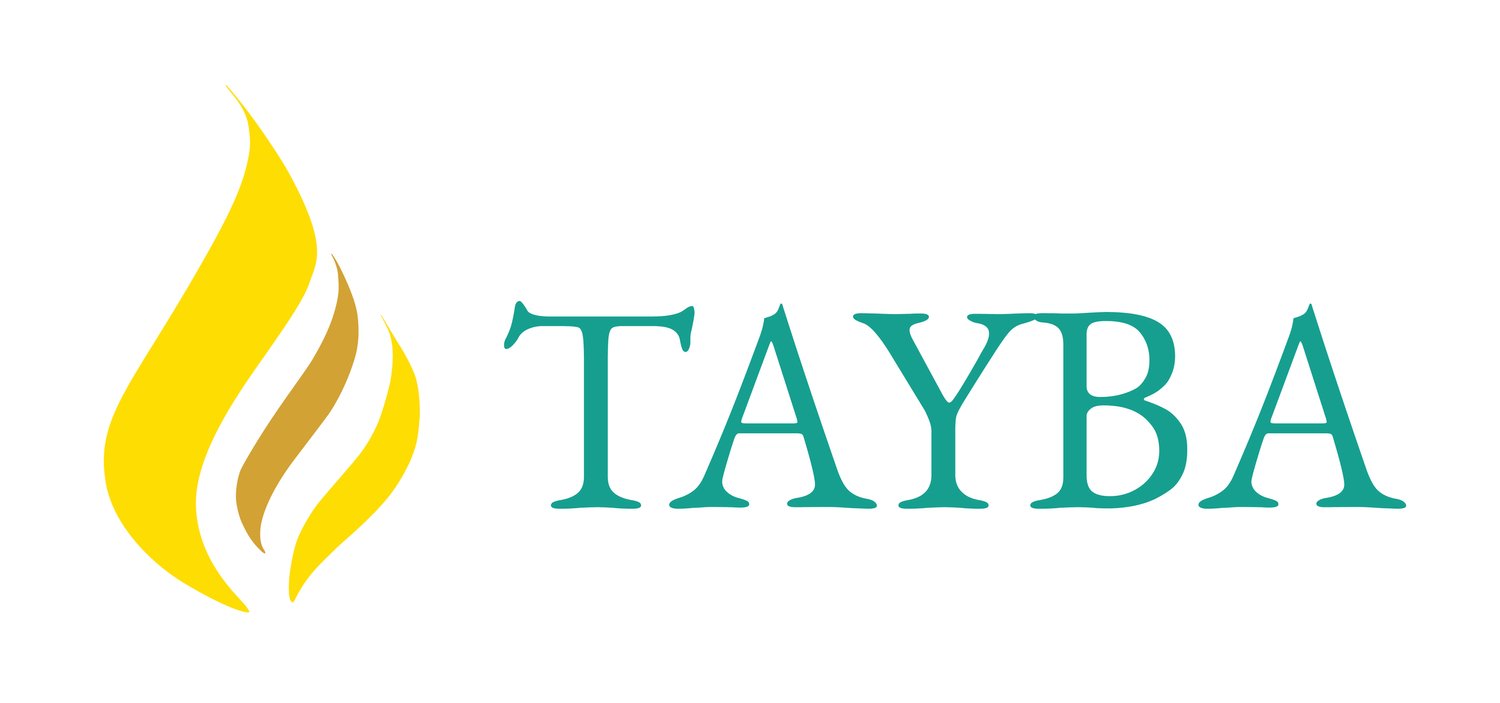How the Prophet ﷺ dealt with injustice
Watching the world around us over the past few years has been nothing short of traumatic, as injustice after injustice came to the forefront of our attention.
As Muslims, how should we respond? What did our beloved exemplar, the Prophet ﷺ do when he encountered injustice?
Amazingly, his commitment to fighting for justice began even before revelation.
When a visiting merchant in Mecca was not given a payment he was owed, a group of Meccans stood together and made a pact to protect the oppressed. They “agreed and took an oath by Allah that they would stand as one hand with the oppressed against the oppressor until the right was given.” This was the famous Hilf al-Fudul, or Pact of the Virtuous.
What’s even more amazing is that even after the Prophet ﷺ received revelation from Allah, he confirmed his commitment to this pledge.
Of course, we might not always be able to fix an injustice we see in front of us. It was the same for the Prophet ﷺ during the early years of Islam, when the Muslims were weak and oppressed and could do very well to stop the injustices against them. In that difficult time, the Messenger of Allah ﷺ would console the oppressed and remind them of their reward. For example, when he passed by Yasir and Sumaya and their son Ammar being tortured by Abu Jahl, he said, “Patience O family of Yasir, for verily your appointed place is in Paradise.”
And once the Muslims gained power in Medina, the Messenger of Allah ﷺ taught his Companions that power over others does not negate the obligation to be just.
For example, he taught them to treat the prisoners of war fairly and justly, saying “I enjoin you to treat the captive well” (Tabarani), even though they had been caught in a battle trying to kill the Muslims. The result of this guidance was that the Companions honored and cared for the prisoners to the point that some captors would give better food to the prisoners than to themselves.
Indeed, later Muslims followed in this spirit of justice. Husayn, many years after his grandfather’s passing, summoned the Hilf al Fudul to retrieve his right and was given it. The Hilf al Fudul was a pact that united people before Islam, and united them after the beginning of revelation. It united people beyond ties of faith, in an effort to seek justice for those whose rights have been taken.
In the US today, we are seeing a mass incarceration system that robs many people of their rights by imprisoning the innocent, not releasing those who have served their time, denying basic rights to prisoners, and robbing families and communities of people.
As many as 10% of those prisoners are Muslim (vast majority of them converts). On top of the injustice they face due to incarceration, they also struggle with basic access to prayer, halal food, materials on Islam, and imams or teachers who could answer their questions.
Tayba Foundation provides Islamic education, life skills training, and re-entry support for our Muslim brothers and sisters behind bars.
We also stand hand in hand with prisoners fighting their own cases and lawyers fighting on the behalf of prisoners. To learn more or to help us expand these services, please see the Tayba Legal Initiative.
Tayba Foundation is standing for social justice as part of LaunchGood and CelebrateMercy's "Rasul Week"! Learn more, sign up to receive daily educational webinars & curated campaigns around causes like civic engagement, social justice, and more, in the spirit of following the Prophet (s).
Visit LaunchGood.com/rasul to learn more and sign up.

